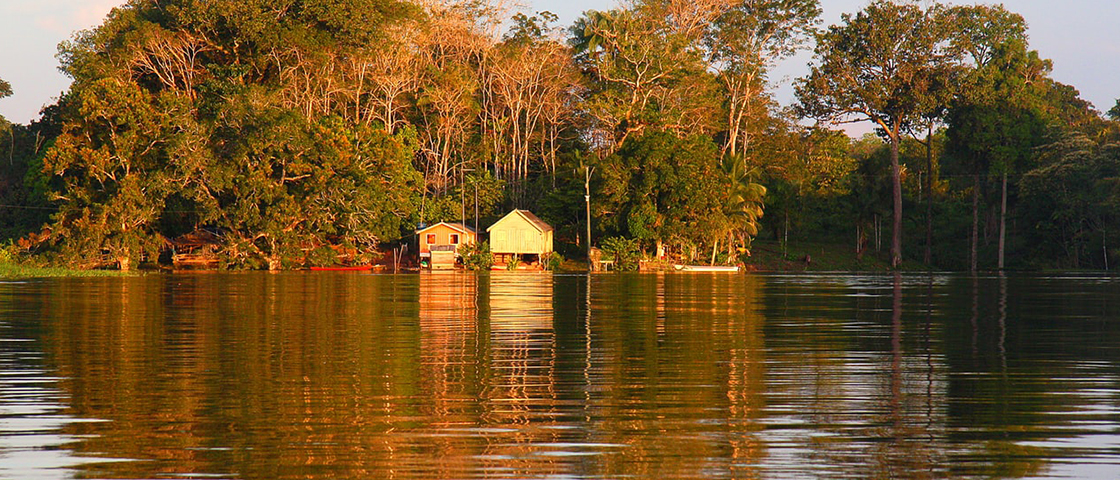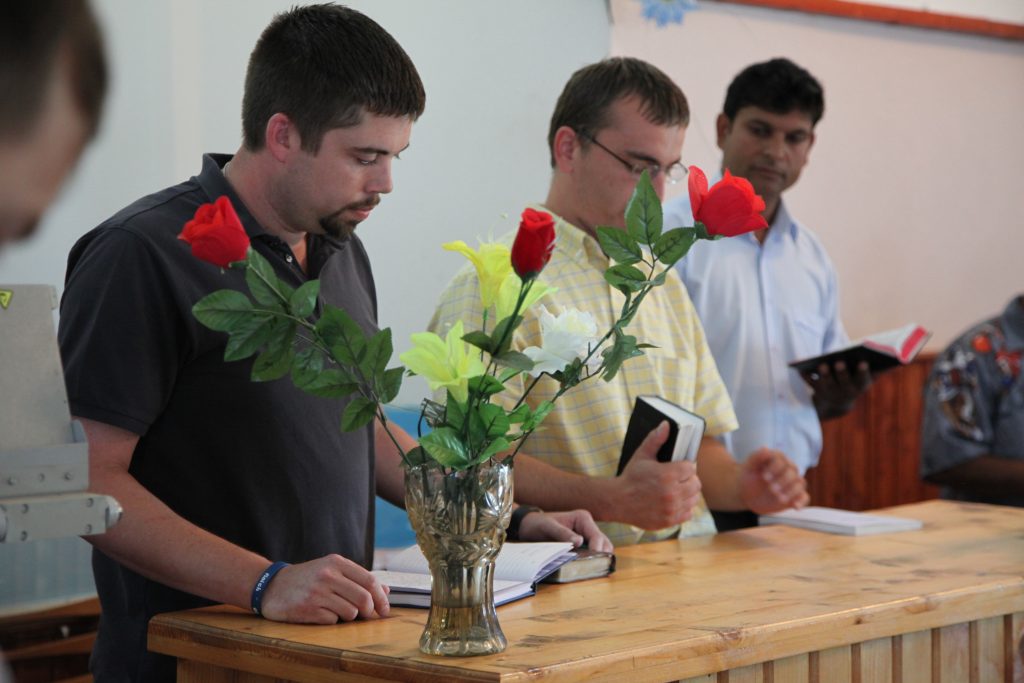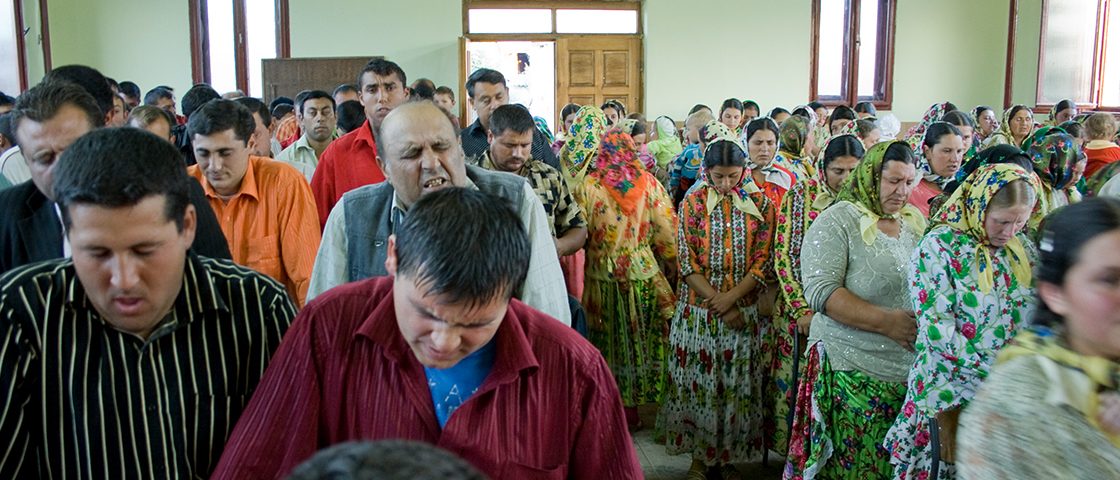
Creation: It’s Not Complicated
July 25, 2019
ChangeMakers in the Amazon
August 1, 2019The following was written by Director of Operations John Meriweather at BMA America.
One clear memory from growing up in church was Sunday evening slide shows from visiting missionaries. Pictures of the people, the culture and, of course, the church services from far-away places. Those memories shaped most of what I knew and thought about missionaries.
A few years ago I had an opportunity to go to work at the Baptist Missionary Association, where I now have a front row seat to the reality of global missions. My narrow view of missions and missionaries has been substantially changed as I’ve had a chance to walk hand in hand with missionaries from around the world.
As with most things in life, perspective is often shaped by the degree to which we personalize something. In all honesty, missions was this distant activity performed BY distant people FOR distant people. It all just seemed “foreign” to me – foreign countries, foreign cultures, and foreign religions.
To see and hear missionaries tell their stories seemed almost mysterious. I really couldn’t relate; therefore, I gave it very little thought.

In the last few years my perspective has changed, mostly because I’ve been able experience mission work and missionaries on a more personal level.
I’ve enjoyed meals and fellowship with brothers and sister in Christ from different countries.
I’ve developed relationships, visited different countries, and shared in local ministries.
I’ve taught Bible classes with an interpreter.
I’ve learned from missionary leaders that have served and now lead our efforts to extend our missionary footprint.
My perspective of missions and missionaries has changed from something foreign and distant to something close and personal. Along the way my concept of missions has not only been clarified but it has also fundamentally reshaped the entire perspective of my own faith and my own purpose.
So what have I learned by witnessing missions up close and personal?
- Missions begins as “faith in action” at home.
Missionaries are united in their love for Christ and their desire to make Jesus known to people. This is the foundation of missions. The effectiveness of a missionary is tied to this foundation.
All the missionaries I know were effective ambassadors for Christ before they ever thought of going to a foreign field. Their missionary heart was developed by first displaying faith in action at home.
- The “process” of missions is vital to the success and longevity of the missionary.
The gap between deciding to become a missionary and having an effective in-country ministry is vast. There is so much more to the process than I ever imagined.
Missionaries go through extensive assessment, readiness evaluation, and training. There are site visits and ministry plans to be established, logistics to firm up, and support to be raised. There is an entire life to uproot, a new culture to assimilate into, a new language to learn, and new relationships to be formed.
The gap between deciding to become a missionary and working with your first disciple is likely years in the making – not weeks or months.
- Missionaries are “normal” people.
Your first inclination may be to classify missionaries as pastors or preachers or whatever concept you have of vocational ministers. This is often not the case.
The simple, common denominator of a missionary is a heart to connect people with Christ. Many use a vocational skill like teaching to assimilate into their country and build relationships.
Some offer medical services.
Some start schools or perhaps an orphanage.
They use whatever avenues are available to build relationships with people that allow opportunities to share Christ.Missions is about “giving away” ministry.
The question each missionary must ask is, “How will the gospel carry on when I’m gone?” Ministry avenues (schools, medical clinics, Bible colleges, churches) vary, but the goal of a missionary must be sustainability of local ministry led by local people to reach local people.
- The balance of missionaries are not from the United States.
Say what? The traditional, missionary paradigm is someone from the U.S. going to a foreign country. United States missionaries are who and what we know.
For the most part, U.S. missionaries serve as catalysts for a much larger missionary movement led by people we may never meet.
Did you know that within BMA Missions there are almost ten times more non-U.S. missionaries than US missionaries? This is the intent and goal of a mission movement – train local disciples to lead local ministries and plant local churches.
These “local” missionaries (commonly called national missionaries) are the output of our global missions movement. If the goal is to give away ministry, who are we giving it to? Local missionaries that commit their lives to spreading the gospel in their own countries.
- Sending missionaries is not confined to the United States.
It’s natural for us to be U.S. centric in our way of thinking about missions. When we stop looking at missions through a microscope and start seeing it through a telescope the bigger goal and impact of missions comes into focus.
It is both refreshing and incredibly exciting when you come to learn how missionaries are being sent from country to country all around the world. Consider this small sample in our own work at BMA Missions:
We have a Mexican missionary to Columbia, a Nicaraguan missionary to Cuba, a Philippine missionary to Hong Kong, a Costa Rican missionary to Peru, and the list goes on.
Maybe, like me, your view of missions is limited because your exposure has been limited. Missionaries are incredible people. Their burden for people is greater than their fear and discomfort.
They will tell you they didn’t choose to go to a foreign country. They simply chose to follow Christ; the country was secondary. The choice to sacrifice the comforts of home exists because they have such great love for Christ.
And to a person, the best missionaries will tell you that the sacrifices they make pale in comparison to the joy they experience in knowing that others are coming to Christ. This is the great lesson of missions:
For missions to be real it must first become personal. To be around missionaries is to be convicted. What sacrifice am I willing to make, what loss am I willing to suffer, what risk am I willing to take for the cause of Christ?

